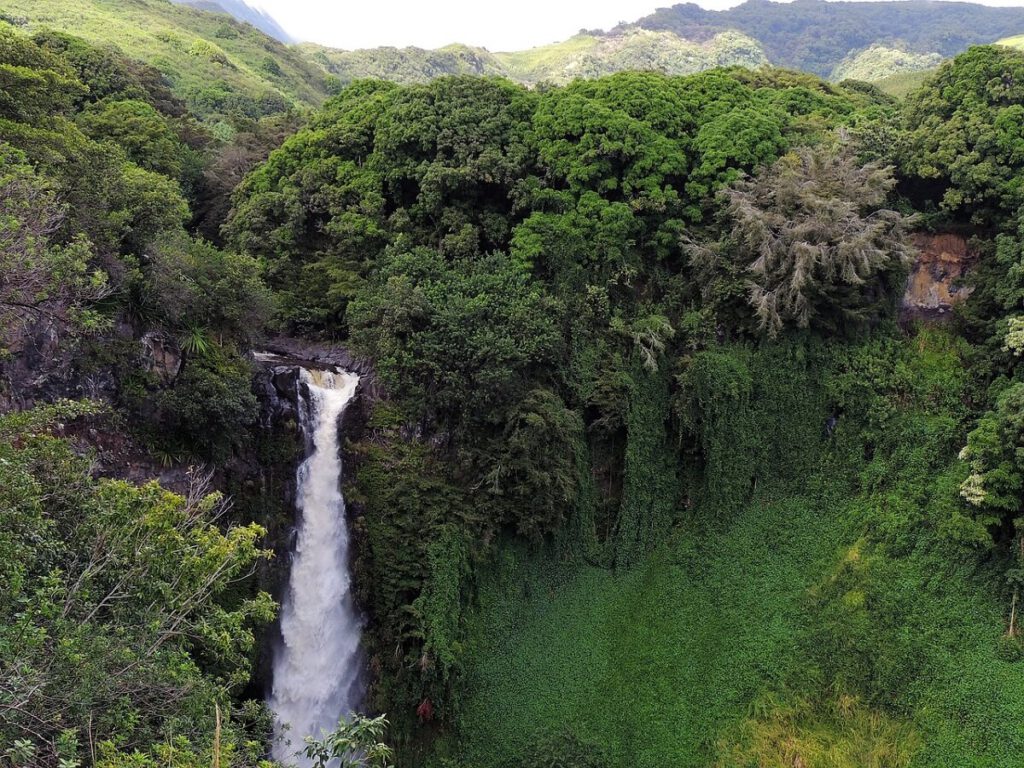
Cultured meat now? No. Microbial protein then? Yes
Al een tijdje weten we dat onze hedendaagse vleesconsumptie onhoudbaar is. Microbieel eiwit is vleesvervanger waar het milieu behoorlijk blij van wordt, zo bewijzen onderzoekers. Microbieel eiwit is een voedzame, eiwitrijke biomassa met een vleesachtige structuur,” legt onderzoeker Florian Humpenöder in gesprek met Scientias.nl uit. Het eindproduct is een zeer eiwitrijk product dat smaakt, voelt en net zo voedzaam is als echt vlees.
Kweekvlees krijgt de laatste tijd erg veel publieke aandacht,” zegt hij. “Deze biotechnologie bevindt zich echter nog in een vroeg ontwikkelingsstadium met veel onbekenden, met name wat betreft samenstelling en kosten van het groeimedium. Daarentegen is microbieel eiwit tegenwoordig al in sommige landen – zoals in het Verenigd Koninkrijk en Zwitserland – verkrijgbaar in supermarkten. Bovendien is microbieel eiwit in tegenstelling tot de meeste plantaardige vleesvervangers niet alleen eiwitrijk, maar bevat het ook alle essentiële aminozuren die de mens uit voeding moet halen.”
Als 20 procent vlees wordt vervangen door microbieel eiwit, kan de jaarlijkse ontbossing tegen 2050 zijn gehalveerd, concludeert Humpenöder. Lees het artikel in Scientias
We have known for some time that our contemporary meat consumption is unsustainable. Microbial protein is a meat substitute that makes the environment quite happy, as researchers prove. Microbial protein is a nutritious, protein-rich biomass with a meat-like structure,” explains researcher Florian Humpenöder in conversation with Scientias.nl. The end product is a very high protein product that tastes, feels and is just as nutritious as real meat.
Cultured meat has been getting a lot of public attention lately,” he says. “However, this biotechnology is still in an early stage of development with many unknowns, especially in terms of composition and cost of the growing medium. On the other hand, microbial protein is already available in supermarkets in some countries, such as the United Kingdom and Switzerland. Moreover, unlike most plant-based meat substitutes, microbial protein is not only high in protein, but also contains all the essential amino acids that humans need to obtain from food.”
If 20 percent of meat is replaced by microbial protein, annual deforestation could be halved by 2050, concludes Humpenöder. Read the article in Scientias
Ricky Turpijn



